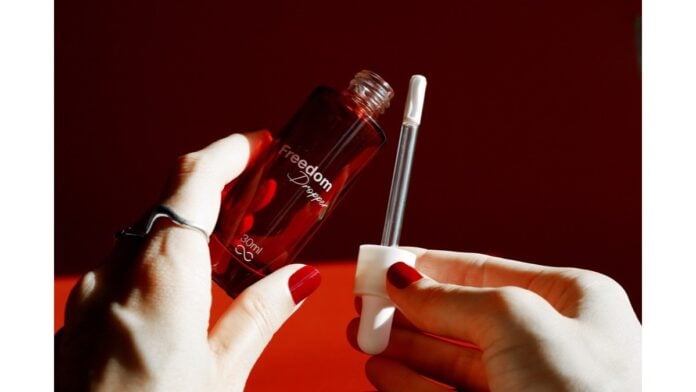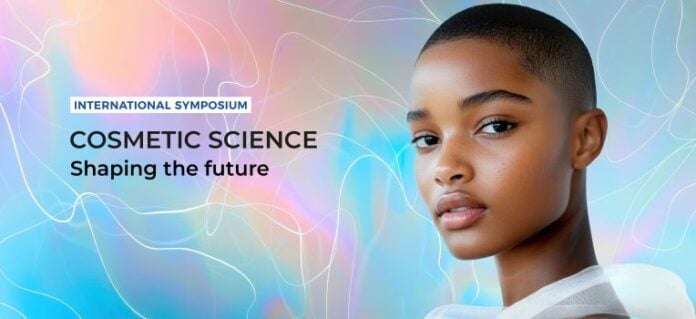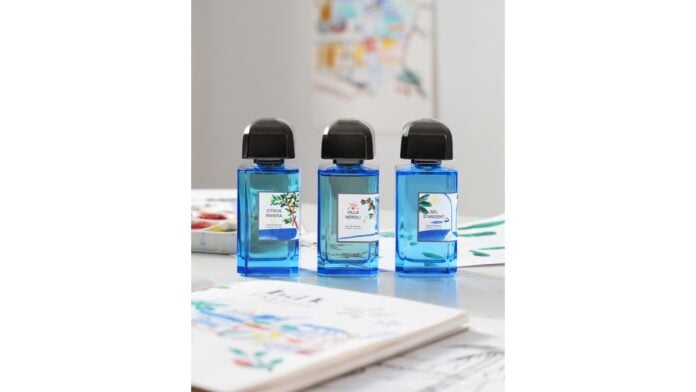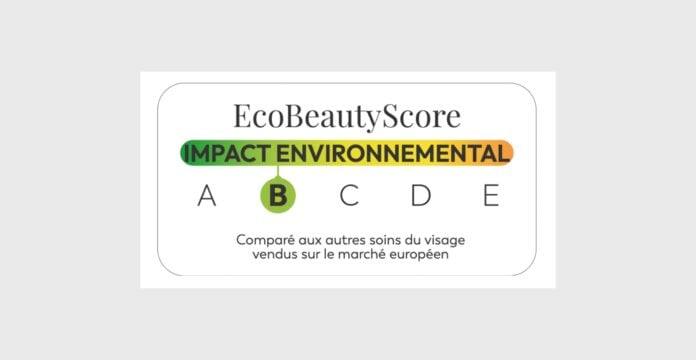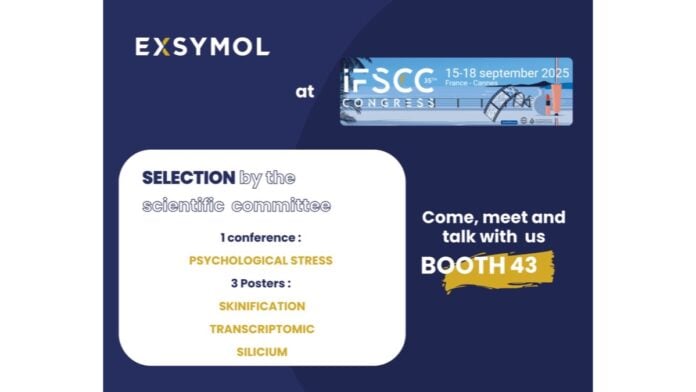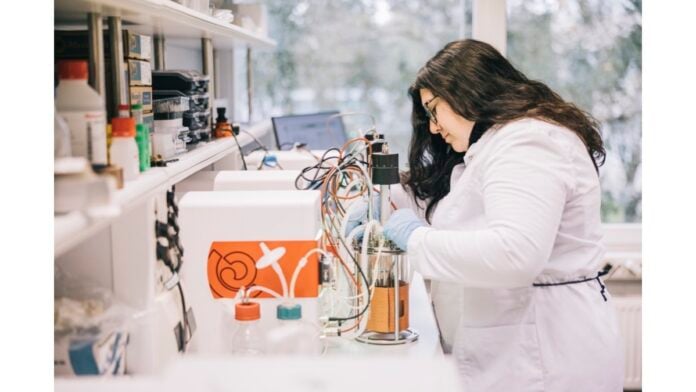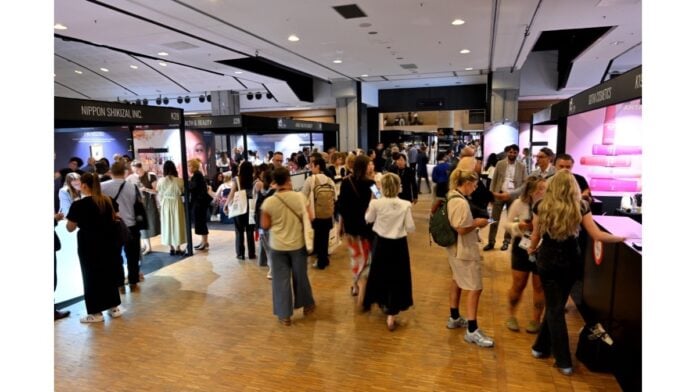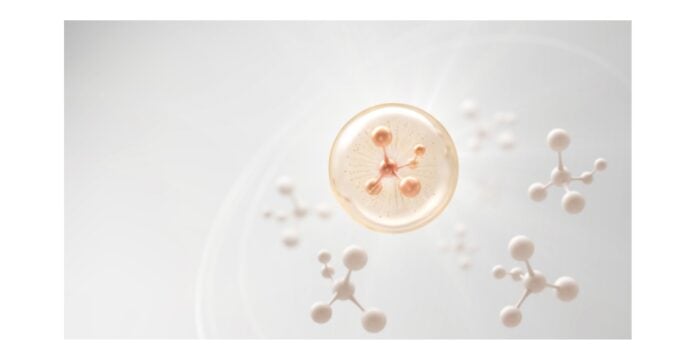Quadpack's Freedom Dropper meets the growing demand for packaging solutions for cosmeceutical liquid formulations.
Part dropper, part beauty accessory, part massage tool, this latest innovation from the packaging manufacturer's Creative Hub is based on its flagship glass solution, the 30ml Skin-Up bottle, which features a sleek, elegant shape and a rotating applicator to enhance the user experience.
"It's a completely innovative concept!explains Alejandra Isern, Category Specialist. Combining a dropper and a rotary applicator delivers exactly the value-added solution that luxury brands are looking for. It's a new experience for users, putting them in control. Unscrew the cap and apply a drop to your hand or directly to your face. Then spread it with the flexible rotating tip. Use it as a dropper or beauty accessory. You have the freedom to use it as you wish!"
Using the Freedom Dropper transforms product application into a beauty ritual. Housed in a familiar format with tried-and-tested features, it allows complete control of the formula. Drops are gradually distilled by exerting gentle pressure on the pipette, then applied to the skin using the rotating applicator. The soft-textured tip features a wave pattern inspired by the shapes of nature. Its rotating movement combined with the wavelets exerts a massaging effect by producing gentle vibrations, which activate the skin's circulation, facilitating absorption of the formula. It is also possible to develop a customized applicator at reduced cost, for example for brand personalization.
A specially designed wringer removes excess formula, ensuring that the stem and applicator remain impeccable, while delivering drops for a well-groomed experience.
Freedom Dropper was created for low-viscosity skincare and make-up products, and is particularly recommended for active-ingredient facial oils and moisturizing serums. The glass bottle enables it to be used with most formulas, even the most complex.
A multitude of decoration techniques can be applied to match the brand's identity. The thick-bottomed bottle is suitable for a range of finishes, from color gradients to holographic effects. The applicator stem and head can be injection-colored, while the nipple and collar can be glossy or matte. An aluminum ring can also be added to the collar.
Freedom Dropper is an example of Quadpack's avant-garde development approach. "We build on what works best and use components that have already proved their worth, such as the Skin-Up bottle. This allows us to create modular collections with speed and agility, while expanding their scope and functionality. In the case of Freedom Dropper, we're exploring new applicators to handle different types of formula, such as tinted make-up products. What you see today is just the beginning of an extremely exciting innovation".stresses Alejandra Isern.
The patent application is in progress.




